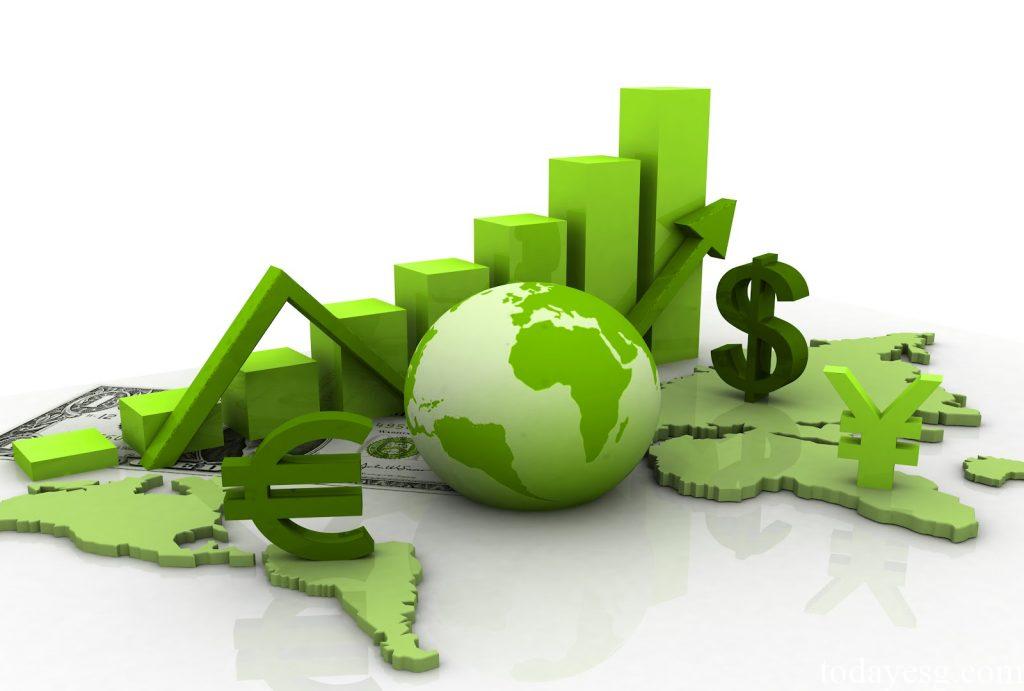Hong Kong Financial Services Development Council (FSDC) recently released a brief report on ESG, summarizing the development of ESG in Hong Kong and proposing a roadmap for follow-up actions. The report is divided into three parts, namely, the introduction of the Hong Kong green financial center, the foundation of the sustainable center and measures for the future development of ESG.
Introduction to Hong Kong Green Financial Center
FSDC believes that Hong Kong is not only a green financial center, but also a bridge connecting green investment opportunities in mainland China. Hong Kong has ranked fourth in the world regarding financial centers. At present, the World Bank, the Asian Development Bank, the European Investment Bank and other multinational organizations have issued green bonds in Hong Kong.
In 2021, Hong Kong’s green bond issuance reaches US $56.6 billion, more than four times that of 2020. Among them, green bond issuance accounted for more than 70%, and sustainable bond issuance accounted for more than 20%. In terms of green credit, the proportion of green loans reaches 37% in 2021, and the remaining 63% will be sustainable linked loans.
In terms of funds, as of June 2022, there are 135 ESG funds (5 of them are Exchange Traded Funds) approved by the Hong Kong SFC (Securities & Futures Commission), with a total size of US $126 billion (Compared to 59 ESG funds adding up to US $103 billion in previous year. To take a close look about ESG funds approved by Hong Kong SFC, please click the following links on How to Query ESG Funds Classified by Hong Kong SFC).
FSDC believes that by 2050, the Chinese mainland will invest a total of 21 trillion dollars in green investment to achieve the climate target of 1.5 degrees Celsius. As a bridge connecting the mainland, Hong Kong will play a greater role in green finance around the world.

Foundation of Hong Kong’s Sustainable Financial Center
FSDC briefly describes the foundation of Hong Kong as a sustainable financial center in four aspects:
- Capacity building: Extensively involving education, practical guidance and establishing data resource reserve;
- Incentives: More than 160 applications have been received after the launch of the Green and Sustainable Finance Grant Scheme in 2021;
- Regulatory policy: Release regulatory disclosure requirements in relevant industries in accordance with the best international practice;
- Financial market: Hong Kong has a rapidly developing green financial market and a variety of green tools. For example, under the Government Green Bond Program, the institutional and retail green bonds issuances has approximately reached US $126 billion as at end-September 2022;
Measures for Future ESG Development
FSDC has proposed new development measures in four areas: capacity building, incentive measures, regulatory policies and financial markets, including:
- Capacity building: Cultivate talents in the sustainable field, so as to solve the management of green risks and strengthen the adaptability to climate change;
- Incentives: Encourage more investors to participate in the green market, and encourage more companies from international and mainland China to participate in green financing and obtain green certification in Hong Kong;
- Regulatory policy: According to TCFD (Task Force on Climate-Related Financial Disclosures) requirements, mandatory climate disclosure will be implemented for relevant industries before 2025. Work with the Hong Kong Stock Exchange and the Hong Kong Securities Regulatory Commission to strengthen the ESG management of listed companies;
- Financial market: Issue more green financial instruments and build Hong Kong into a regional carbon trading center, including a global voluntary carbon market for high quality carbon credits. Explore collaboration with relevant authorities and stakeholders to strengthen GBA cooperation on caron market development;
Reference:








